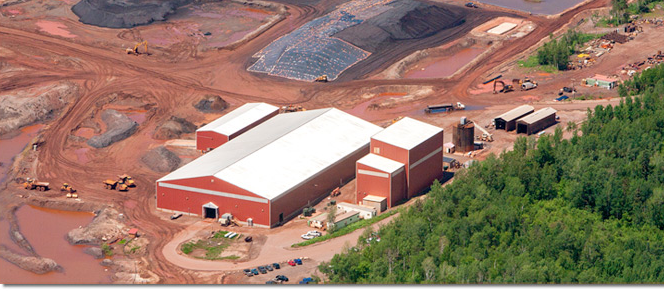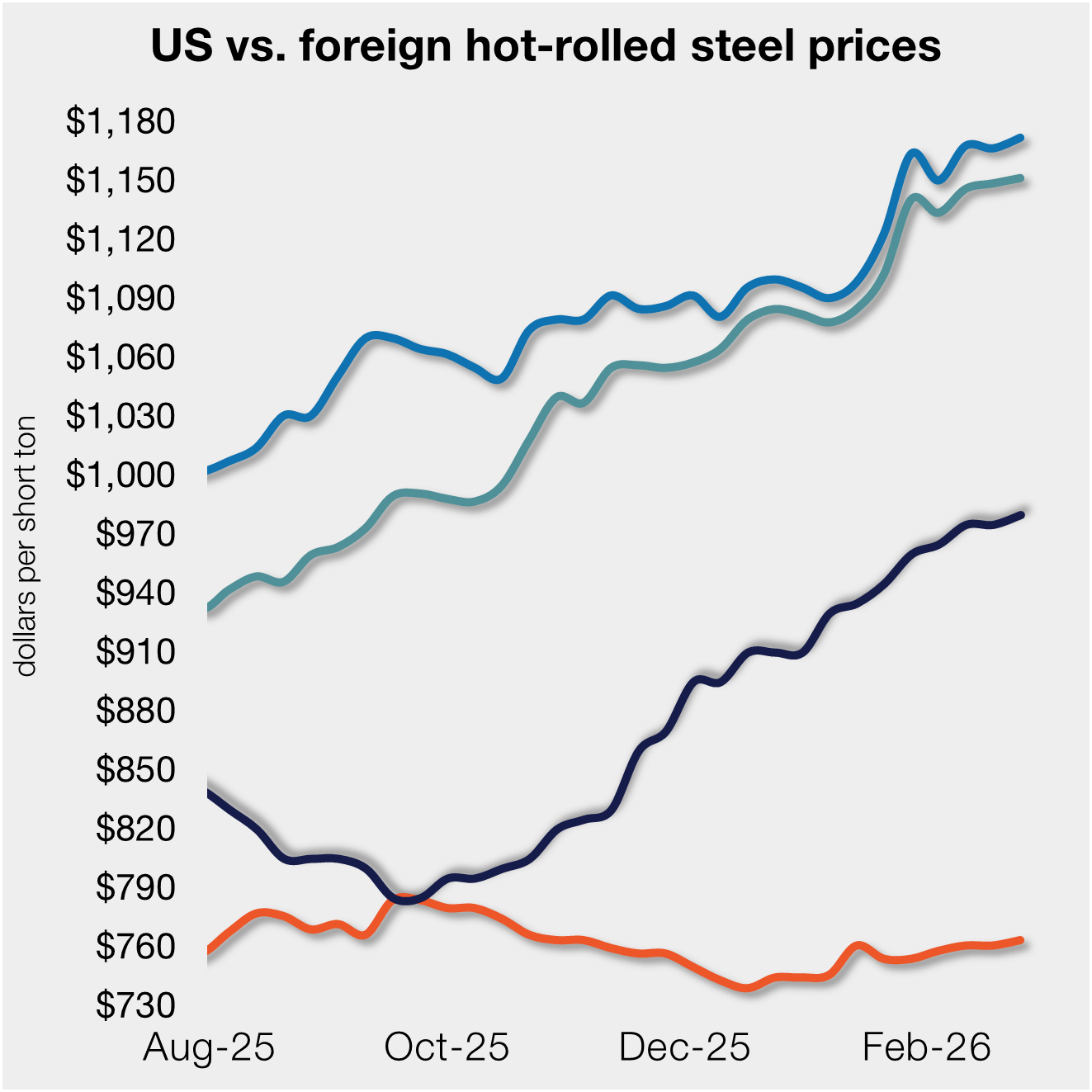Prices

February 23, 2015
Magnetation to Idle Minnesota Plant
Written by Sandy Williams
Magnetation LLC announced it will indefinitely idle its Plant 1 in Keewatin, Minn., due to iron ore prices that have fallen more than fifty percent in the past 18 months. Forty-one hourly and eight salaried employees will be affected the closure which will occur by the end of March.
“Due to the unprecedented collapse in iron ore prices over the past year and the iron ore market uncertainty moving forward, we believe it is in our best interest to indefinitely idle our highest cost operation,” said Larry Lehtinen, CEO of Magnetation in a news release. “There is no way to know how long global iron ore prices will remain at the present depressed levels and consequently we are unsure of the duration of this idling. Some affected workers and staff may have opportunities to be employed by other areas of the company and we will be working closely with the appropriate governmental agencies to assist the employees who will be laid off as a result of this unfortunate event.”

Matt Lehtinen, president and COO, said the company has to be focused on cutting cost of production.
Lehtinen told News Tribune, “Seven months ago we had industry analysts predicting $90 to $100 per ton of iron ore prices for the foreseeable future. Now, we’re at $62. No one saw this coming.”
Global oversupply has become a problem for North American iron ore operations, putting pressure on ore prices. Analysts continue to cut estimates for iron ore prices and Australia & New Zealand Banking Group Ltd. expects the surplus of iron ore to expand to 85 million tons in 2015 from 39 million tons in 2014.
In 2014 Minnesota mines produced 38.2 million tons of taconite, up .7 million from 2013 according to the Minnesota Department of Revenue. Added value operations like Magnetation, Mesabi Nugget and Mining Resources also saw production increase by nearly 100,000 tons. Essar Steel will be adding approximately seven million tons to the Minnesota annual production upon completion of its facility in Nashwauk.
Magnetation LLC is a joint venture between Magnetation, Inc. (50.1 percent owner) and AK Steel Corporation (49.9 percent owner). Magnetation LLC recovers high-quality iron ore concentrate from previously abandoned iron ore waste stockpiles and tailings basins. The company also owns three iron ore concentrate plants located in Keewatin, MN, Bovey, MN and Grand Rapids, MN, and a 3.0 million tonne per year iron ore pellet plant in Reynolds, IN.







